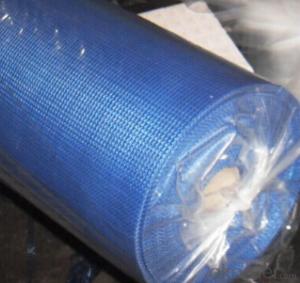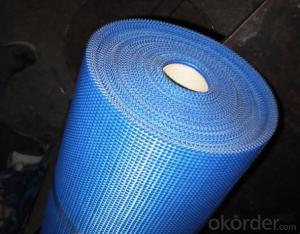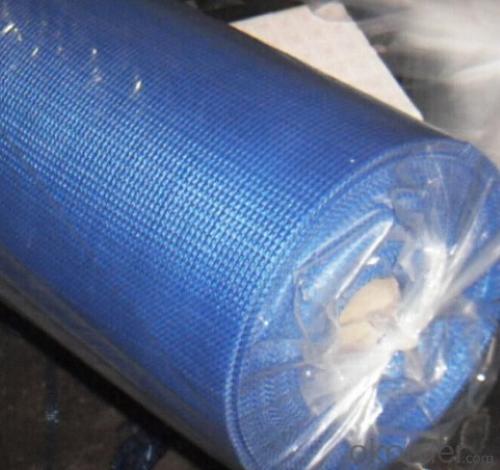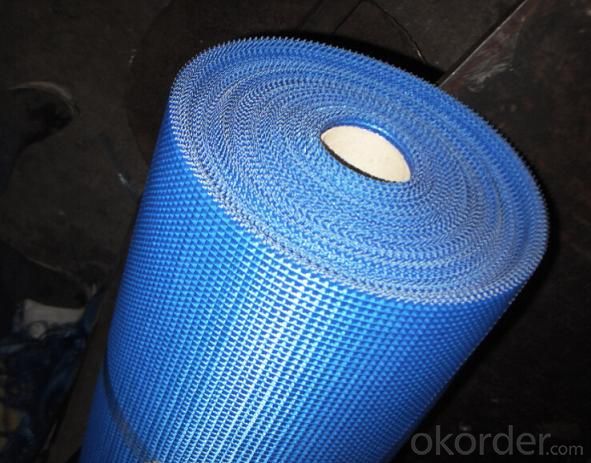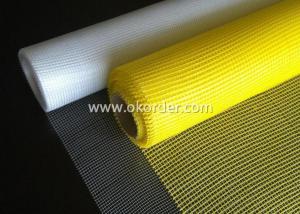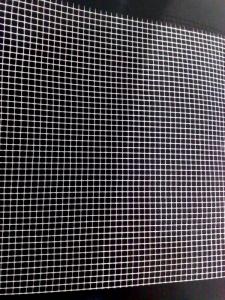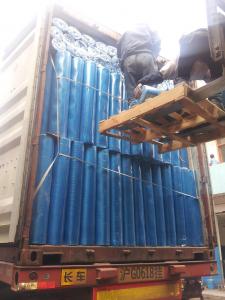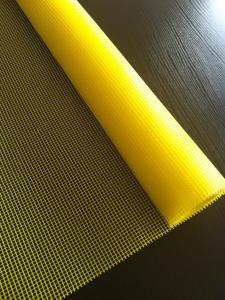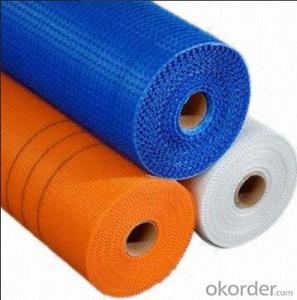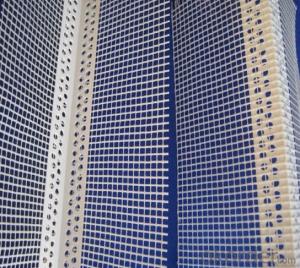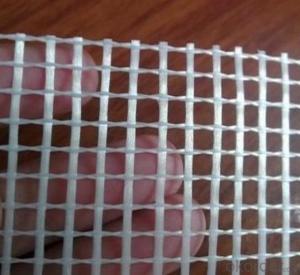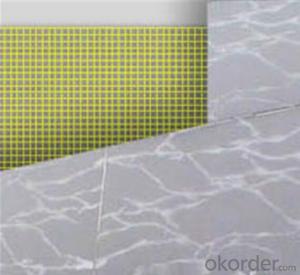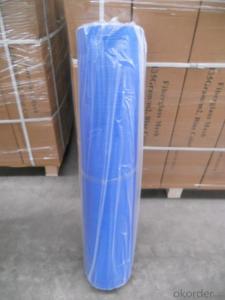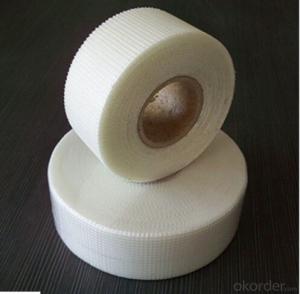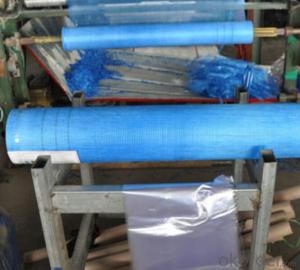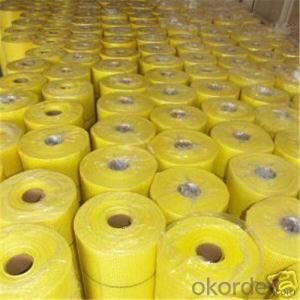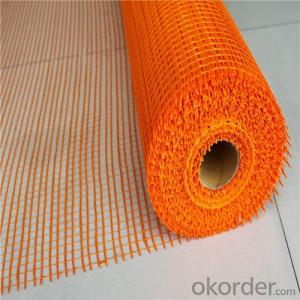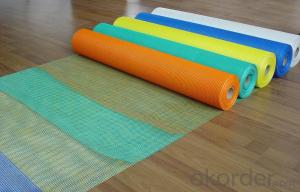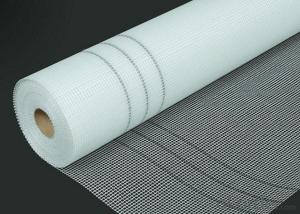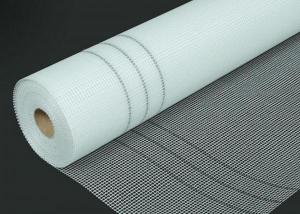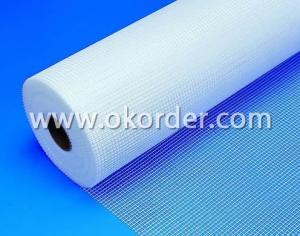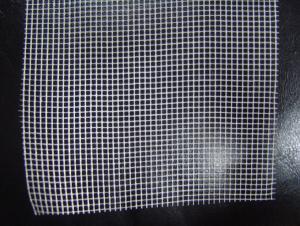6 Fiberglass Mesh Tape, Glass Mesh, 145 gram/m2, Soft but Not Sticky
- Loading Port:
- Qingdao
- Payment Terms:
- TT OR LC
- Min Order Qty:
- 5000 m²
- Supply Capability:
- 6000000 m²/month
OKorder Service Pledge
OKorder Financial Service
You Might Also Like
Product Description:
Quick Details of Glass Mesh, 145 Gram/m2, Soft but not Sticky
MOQ of Glass Mesh, 145 Gram/m2, Soft but not Sticky: 5000 Square Meters
Supply Ability of Glass Mesh, 145 Gram/m2, Soft but not Sticky: 6000000 Square Meters per Month
Payment Terms of Glass Mesh, 145 Gram/m2, Soft but not Sticky: L/C,T/T
Glass Mesh, 145 Gram/m2, Soft but not Sticky
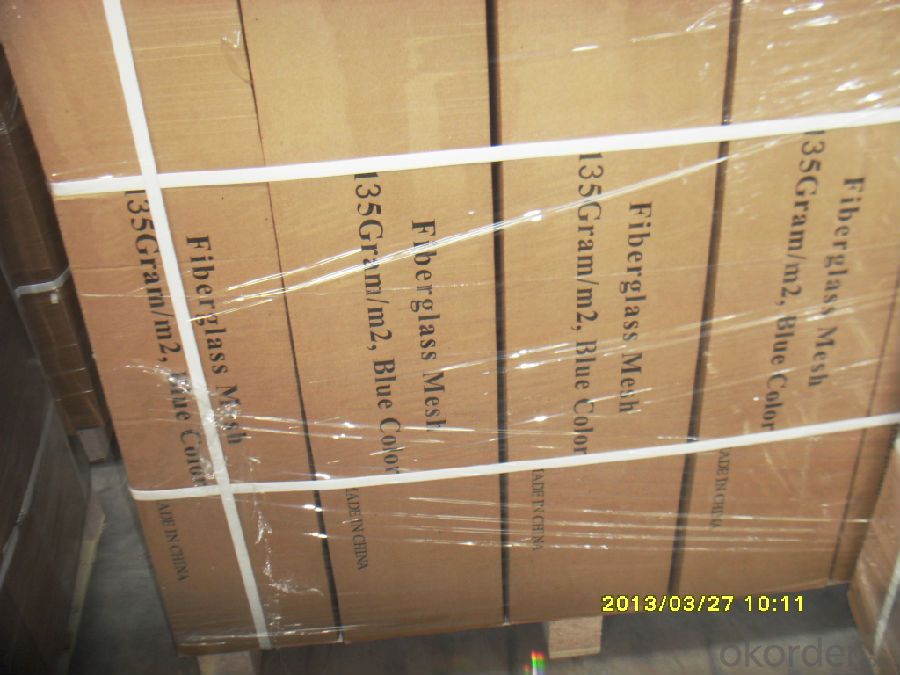
Specifications of Glass Mesh, 145 Gram/m2, Soft but not Sticky
Glass Mesh, 145 Gram/m2, Soft but not StickyApplication: Wall Materials
Glass Mesh, 145 Gram/m2, Soft but not StickyWidth: 1M-2M
Glass Mesh, 145 Gram/m2, Soft but not Sticky Size: 5*5/ INCH
Glass Mesh, 145 Gram/m2, Soft but not StickyWeight: 40gsm to 200gsm
Glass Mesh, 145 Gram/m2, Soft but not Sticky Weave Type: Plain Woven
Glass Mesh, 145 Gram/m2, Soft but not Sticky Yarn Type: C-Glass
Glass Mesh, 145 Gram/m2, Soft but not Sticky Alkali Content: Medium
Glass Mesh, 145 Gram/m2, Soft but not Sticky Standing Temperature: 500℃
Product information of Glass Mesh, 145 Gram/m2, Soft but not Sticky
Name: Glass Mesh, 145 Gram/m2, Soft but not Sticky
Use best fiberglass yarn and best glue
Clear and beautiful Glass Mesh, 145 Gram/m2, Soft but not Sticky
High strength Glass Mesh, 145 Gram/m2, Soft but not Sticky
30 years experience of manufacturing Glass Mesh, 145 Gram/m2, Soft but not Sticky
Excellent Priced Glass Mesh, 145 Gram/m2, Soft but not Sticky
FAQ of Glass Mesh, 145 Gram/m2, Soft but not Sticky
Q: What is Glass Mesh, 145 Gram/m2, Soft but not Sticky?
Coated Alkali-resistant Glass Mesh, 145 Gram/m2, Soft but not Stickyis based on C-glass or E-glass woven cloth and treated by alkali-resistance copolymer resin on the surface. The woven cloth is made of fiberglass yarn or roving by means of leno or plain weave. The diameter of elementary fiberglass varies between 9 and 15 micron.
Q: What is the specification of Glass Mesh, 145 Gram/m2, Soft but not Sticky?
Weight: 135g Width: 1M
Length: 20m, 50m, 100m
Q: What is the application of Glass Mesh, 145 Gram/m2, Soft but not Sticky?
External thermo insulating composite System (ETICS) & External insulating finish system (EIFS)
External and internal plaster reinforcement
Electrical heating mats
Marble slab reinforcement / Mosaic carrier
Asphalt reinforcement (roof water-proof)
Reinforced lightweight construction boards
Q: What is the storage of Glass Mesh, 145 Gram/m2, Soft but not Sticky?
Store rolls in a cool, dry location
Store away from the direct contact with ground or concrete
Store out of direct sunlight
Protect rolls from weather and other damage
Q: What is the guarantee period of Glass Mesh, 145 Gram/m2, Soft but not Sticky?
Four years under normal weather conditions and use .
Q: What is the package of Glass Mesh, 145 Gram/m2, Soft but not Sticky?
Package: rolls are packed into cartons or pallets.
Packing volumes: 30000m2/40HQ.
Q: Wow long about the production periods of Glass Mesh, 145 Gram/m2, Soft but not Sticky?
Production periods: 30days for 1X40HQ.
- Q: What kind of loom is suitable for weaving fiberglass mesh?
- Rapier is suitable. Change shuttle loom with rapier to weave double or single mesh.
- Q: The difference between glass fiber and plastic fiber screen
- Glass filter and PP filter (or other chemical compound) in glass filter just rely on the barrier (collision interception and sieve effect) is the chemical fiber, electrostatic adsorption (and not completely reliable test of electrostatic adsorption accounted for a large).
- Q: With regard to the wall cracking treatment, decration team recommends to fully paste mesh.
- The workers are right. If not pasting mesh, it will certainly crack.
- Q: What are the bonding requirements of alkali resistant fiberglass mesh? Anti cracking protection layer construction, alkali resistant fiberglass mesh cloth why not dry lap?
- The alkali resistant fiberglass mesh cut edges cut, the length of not more than 3m, with mortar on a thermal insulation layer, the thickness control in 3-5mm, immediately wipe the alkali resistant fiberglass mesh with iron containing zirconium glass fiber mesh to the substrate, coated alkali resistant rubber material, is the anti crack protective layer supporting products.
- Q: Is there a difference between a textile knife and a chemical fiber knife and a fiberglass cutter?
- Chemical fiber is made of natural macromolecule compound or synthetic macromolecule compound, which is prepared by spinning, dope, spinning and post-treatment.
- Q: What is mesh bag
- smearing 70 mm wide mesh at the mash bag part and the position close to door window and hole opening is the mesh uncontinued position, the mesh on the big faced wall needs to lap, and the pasted mesh should take the turning or covering protective measures of finished product, and the polymer mortar should be 2mm thick, and the mesh uncontinued position is easy to produce the stress and crack.
- Q: What's the material of wall gridding cloth?
- Wall gridding cloth, also called glass fiber wall gridding cloth or alkali resistant glass fiber, is made of yarn raw material, by coating with acrylic copolymer solution and then drying. Gridding cloth for external walls is featured by low cost, messy layout, high resistance to alkali, corrosion and cracking, easy construction. It is a new construction material used for strengthening cement plaster wall, crack resistance and thermal insulation of external wall.
- Q: What's the use of glass fiber gridding cloth?
- Glass fiber gridding cloth With glass fiber woven fabric as base material, glass fiber gridding cloth is coated with highly resistant emulsion and featured by good alkali resistance, flexibility and high tensile resistance in the bidirection of warp and weft. It is widely used for thermal insulation, water proofing and crack resistance of internal and external building walls. The glass fiber gridding cloth mainly adopts alkali glass fiber yarn (with silicate, stability as main components) and made by high-temperature heat setting such as anti alkali liquid and strengthening agent of the special organization structure - lace stitch. Main characteristics: 1. chemical stability, resistance to alkali, acid, water, cement erosion resistance and chemical corrosion , strong styrene resin bonding and easy to dissolve in, etc. 2. high strength, high modulus, light weight. 3. dimension stability, stiffness, smoothness, and easy to contraction deformation, good positioning. 4. good shock resistance (high intensity, strong tenacity of gridding cloth)
- Q: What is fiberglass mesh cut with? I use a 3 phase grinding machine. The motor is so good that it burns the motor easily
- Use garden saw blades to cut. Saw cutting can cut glass fibers into powder, reducing the friction between blade and glass, and cutting machine will not overload and damage.
- Q: What's the difference between window screens and window screens?
- Screen window and window screen refer to a kind of thing, just name different.
Send your message to us
6 Fiberglass Mesh Tape, Glass Mesh, 145 gram/m2, Soft but Not Sticky
- Loading Port:
- Qingdao
- Payment Terms:
- TT OR LC
- Min Order Qty:
- 5000 m²
- Supply Capability:
- 6000000 m²/month
OKorder Service Pledge
OKorder Financial Service
Similar products
Hot products
Hot Searches
Related keywords
